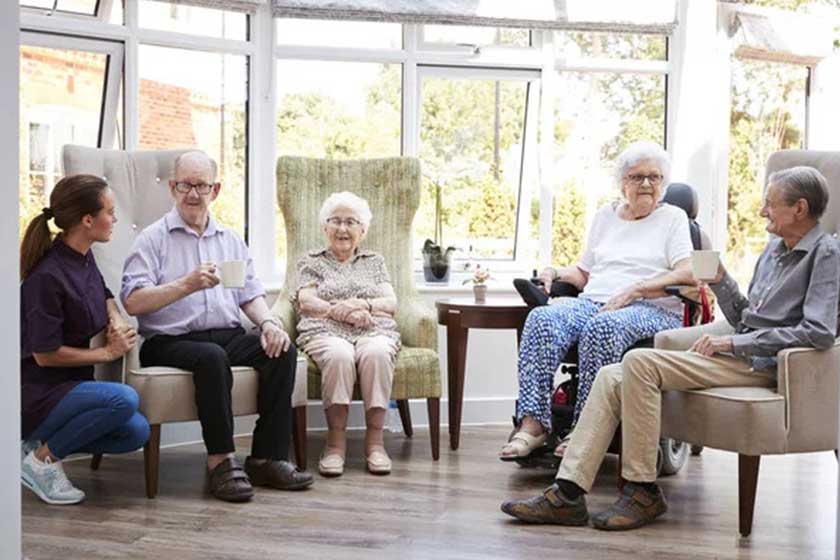In senior living communities, nurturing resident intimacy is a vital aspect of promoting the overall well-being and happiness of residents. As individuals age, their need for social connections, emotional bonds, and meaningful relationships remains as essential as ever. In this article, we will delve into the significance of fostering intimacy among senior living community residents and explore various ways to create an environment that encourages and supports these connections.
Understanding Resident Intimacy
Before delving into the strategies to nurture resident intimacy, it’s crucial to understand what intimacy means in the context of senior living communities. Resident intimacy encompasses various forms of emotional, social, and physical closeness between community members. It can manifest in friendships, companionships, romantic relationships, or even close bonds between residents and staff.
The Importance of Resident Intimacy:
- Enhanced Emotional Well-Being: Intimate relationships offer emotional support and companionship, reducing feelings of loneliness and isolation among senior residents. This, in turn, contributes to improved mental and emotional well-being.
- Physical Health Benefits: Studies have shown that individuals in intimate relationships tend to experience better physical health outcomes. They may have lower stress levels, improved immune function, and a reduced risk of chronic illnesses.
- Cognitive Stimulation: Engaging in intimate conversations and relationships provides cognitive stimulation, keeping residents mentally sharp and alert. Sharing stories, experiences, and thoughts fosters mental engagement.
- Higher Quality of Life: Residents who feel connected and intimate with others in their community report a higher quality of life. They have a sense of purpose and belonging, which enhances overall life satisfaction.
Strategies for Nurturing Resident Intimacy:
- Creating Social Spaces: Senior living communities should design common areas that facilitate social interaction. Comfortable lounges, outdoor seating, and communal dining spaces encourage residents to gather and engage in conversations.
- Organizing Group Activities: Offering a variety of group activities and events encourages residents to connect with one another. These can include book clubs, game nights, art classes, and fitness groups.
- Respecting Privacy: While fostering intimacy is essential, respecting residents’ privacy is equally important. Ensure that individuals have the freedom to choose the level of intimacy they are comfortable with.
- Supporting Relationships: Recognize and support romantic relationships among residents. Provide private spaces for couples, and offer guidance and resources for maintaining healthy relationships.
- Involving Families: Encourage family involvement in residents’ lives. Family visits and participation in community events can strengthen the support network around residents.
- Caring Staff: Train staff to create a warm and welcoming atmosphere. Caregivers who show empathy and build trusting relationships with residents contribute to a sense of intimacy.
- Open Communication: Promote open communication among residents by facilitating discussion groups and forums. Encourage residents to share their stories, interests, and experiences.
- Intergenerational Programs: Implement intergenerational programs that bring younger generations into the senior living community. Interactions with children and young adults can provide a sense of connection and purpose.
- Embracing Diversity: Recognize and celebrate the diversity of experiences and backgrounds among residents. This can foster a sense of curiosity and mutual understanding.
Challenges and Considerations:
It’s essential to acknowledge that nurturing resident intimacy in senior living communities may come with challenges. Some residents may be hesitant to form new relationships due to past experiences or personal preferences. Others may have cognitive or physical limitations that require additional support.
Respect for residents’ autonomy and choices is paramount. Encourage intimacy without imposing it, and always prioritize their comfort and well-being.
Enriching the Senior Living Experience
Nurturing resident intimacy in senior living communities is an integral part of enhancing the overall senior living experience. It contributes to emotional well-being, physical health, and a higher quality of life for residents. By creating an environment that supports various forms of intimacy and fostering connections among community members, senior living communities can provide a fulfilling and enriching environment for their residents as they age gracefully.







